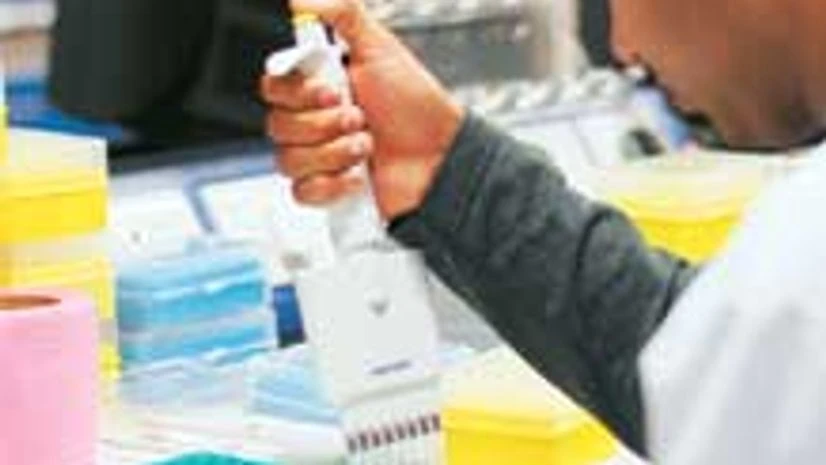Asserting that the Indian Patents Act related to pharmaceutical products is not discriminatory against foreign companies, Indian Ambassador to the United States, Nirupama Rao, offered concerned lawmakers to discuss the issue for the sake of long-term bilateral and strategic partnership between the two countries.
"My senior colleagues at the Embassy stand prepared to come and meet with your key officials or your constituents to engage in a friendly and substantive exchange of views so as to promote deeper understanding, and to seek mutually satisfactory solutions, in a spirit of friendship," Rao said in a letter to the US lawmakers.
Explaining the existing Indian laws and policies to protect intellectual property, Rao wrote the letter to members of the Senate India Caucus and the House of Representative Congressional Caucus on India and Indian-Americans.
More From This Section
"As a member of the Senate India Caucus you have always been a staunch advocate of strong India-US relations and our strategic partnership. We are deeply appreciative of your commitment to further the cause of friendship between our countries," Rao said.
"India has a well-settled, stable and robust intellectual property regime. The three main pillars of this regime are comprehensive laws, detailed rules to back them up, and strong enforcement mechanisms, including for dispute resolution. In India, the IP framework is rooted in law," she said.
"The full complement of our laws on patents, designs, trademarks and geographical indications is in place and these are in compliance with the Trade Related Intellectual Property Rights (TRIPs) of WTO. The India Patents Act, specifically, is one of the most comprehensive acts, and is rigorously enforced. The award of patents is a transparent legal process with decisions and processes subject to legal scrutiny," the Indian Ambassador said.

)
